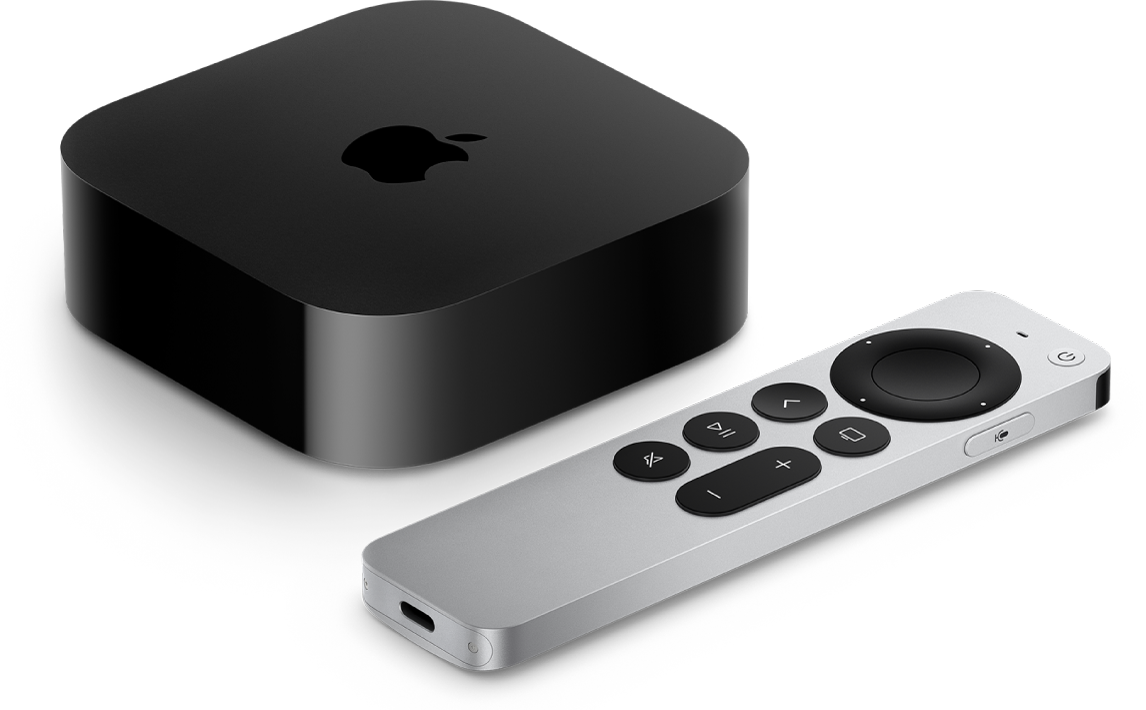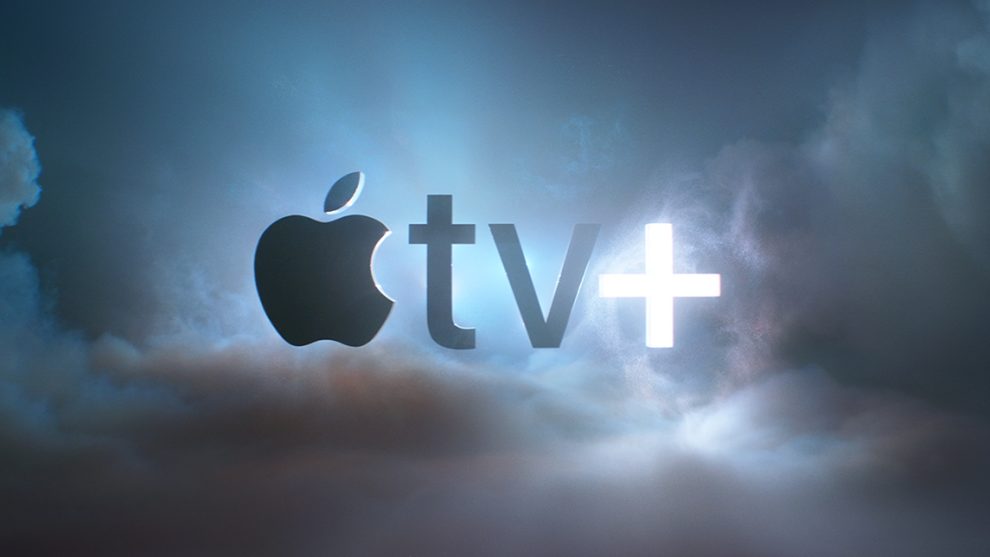A seismic shift is rippling through the entertainment industry. Apple, the tech giant that once promised to revolutionize movie theaters, is now retreating from the silver screen. In a move that has left Hollywood insiders buzzing, the company is pivoting its strategy to prioritize its streaming service, Apple TV+, over traditional theatrical releases.
On a warm Friday evening, September 27, 2024, as moviegoers line up outside the iconic TCL Chinese Theatre, the news of Apple’s strategy shift spreads like wildfire. The company that once aimed to conquer both Silicon Valley and Hollywood is now focusing its efforts squarely on the small screen.
“It’s a game-changer,” whispers Sarah Chen, a veteran film producer, as we stand outside the theater. “Apple’s decision could reshape how we consume big-budget films.”
Apple’s decision comes on the heels of disappointing box office results for several of its high-profile releases. As I walk down the Hollywood Walk of Fame, past the stars of legends who once drew millions to theaters, the irony isn’t lost on me. The very company that revolutionized personal technology is now struggling to crack the code of theatrical success.
One industry insider, speaking on condition of anonymity, shares a startling figure: “Apple was spending between $100 million to $200 million on films like ‘Killers of the Flower Moon’ and ‘Napoleon.’ That’s a huge gamble in today’s market.”
To understand the magnitude of this shift, one need look no further than “Wolfs,” the star-studded film featuring George Clooney and Brad Pitt. Originally slated for a global theatrical release in thousands of locations, the movie instead debuted on Apple TV+ on September 27, with only a limited theatrical run.
As I speak with patrons outside a small arthouse cinema where “Wolfs” is showing, the reactions are mixed. I’m disappointed I can’t see it on the big screen,” laments Mark Thompson, a self-proclaimed cinephile. But I guess I’ll just watch it at home now.
Moving forward, Apple plans to produce most of its movies with budgets under $100 million. This represents a significant scaling back from their previous high-budget ventures.
“It’s a smart move,” opines Dr. Emily Rodriguez, a media studies professor at UCLA. “By focusing on streaming, Apple can better control costs and directly monetize their content through subscriptions.”
However, the company isn’t abandoning theaters entirely. Sources close to Apple reveal that they still plan to release one or two films theatrically each year, with a global theatrical release scheduled for June 2025.

The Streaming Wars Intensify
Apple’s pivot comes at a time when other streaming giants are also reassessing their strategies. Netflix, once the undisputed king of streaming, is reportedly planning to produce fewer movies and reduce costs by doing more in-house production.
Meanwhile, Amazon, another tech giant with Hollywood ambitions, is scaling back its film production plans. As I sit in a bustling café on Sunset Boulevard, overhearing conversations between industry professionals, it’s clear that the streaming landscape is in flux.
It’s not just about making content anymore,” says Tom Chen, a digital media analyst I meet for coffee. “It’s about making the right content for the right platform at the right cost. Apple seems to have figured that out.”
The shift towards streaming isn’t just an American phenomenon. According to a recent PYMNTS Intelligence report titled “How the World Does Digital,” video streaming was the top digital activity in seven out of eleven countries surveyed.
This global trend underscores the wisdom of Apple’s strategy shift. By focusing on Apple TV+, the company is tapping into a worldwide audience hungry for streaming content.
Hollywood’s Reaction
As night falls and the neon signs of Hollywood flicker to life, I can’t help but wonder about the human impact of this digital transformation. Outside the Actors’ Guild building, I meet Jake Simmons, a veteran character actor.
“It’s bittersweet,” Simmons reflects. “Streaming has created more roles, but there’s something magical about seeing yourself on the big screen. I hope we don’t lose that entirely.”
As my reporting draws to a close, it’s clear that Apple’s decision represents more than just a shift in strategy for one company. It’s a reflection of a broader transformation in how we consume entertainment.
The company that once aimed to “think different” is now thinking strategically about the future of film distribution. By committing $1 billion annually to film production while focusing on streaming, Apple is betting on a future where the living room is the new movie theater.
As the lights dim on Hollywood Boulevard and the stars come out over Los Angeles, the entertainment industry stands at a crossroads. Will other studios follow Apple’s lead? How will this affect the theatrical experience we’ve cherished for over a century?
One thing is certain: the way we watch movies is changing, and Apple is at the forefront of this revolution. Whether this strategy will pay off in the long run remains to be seen, but for now, it seems the tech giant is content to let its stars shine on the small screen.
















Add Comment